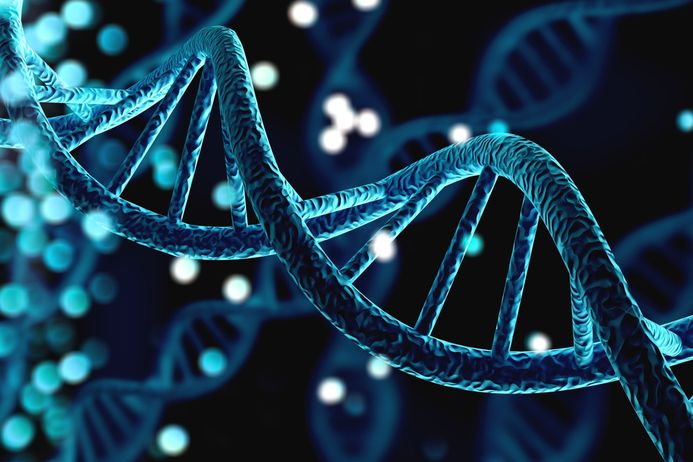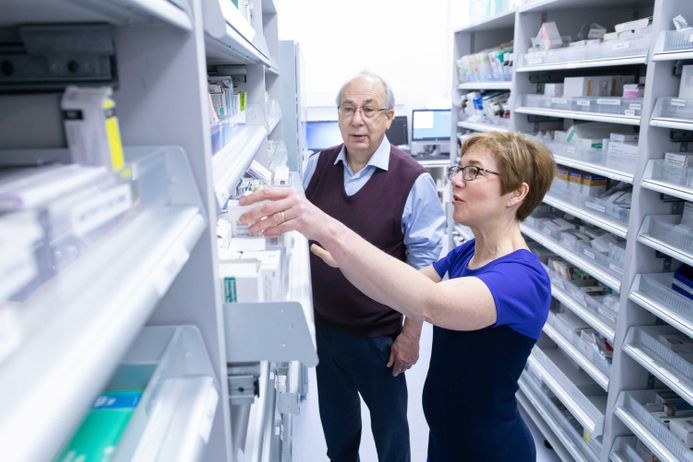Seda Duman

Role: Second year PhD student, Department of Bioengineering, Imperial College London
Subject area: Ecological interactions, synthetic microbial consortia (communities of genetically modified organism) and microfluidics.
Nationality: Turkish
I am a second year PhD student in biotechnology. My research focuses on the development of microfluidic platforms for the investigation of cellular interactions seen in microbial communities. I am from Turkey, and I have been in the UK for my postgraduate studies for three years.
Education
![]()
GCSE/A-levels (or equivalent): Turkish High school - in my final year I studied Mathematics, Chemistry, Biology and English and did a graduation project in Physics.
Degrees
• BSc in Biology, Ege University, Turkey
• MSc in Biotechnology, Izmir Institute of Technology, Turkey
• MSc in Medicinal Natural Products and Phytochemistry, University College of London
• PhD in Bioengineering (ongoing), Imperial College London
Detail about Seda
My research
Microorganisms tend to live in communities in nature. These large microbial communities contain different types of individuals, and these individuals interact with each other. Through these interactions, individuals help each other by sharing food and dividing up their work so they are more resistant to environmental changes. The project I have been working on is making microfluidic devices that let us investigate these interactions in a yeast cell community which we can observe under a microscope.
My inspiration
I can say that my biology teacher in high school was the main factor. Also, I have always had an interest in nature, and even when I was in elementary school, the thing I had the most fun with was examining things under a microscope.
Who is your STEM hero?
Alexander Fleming who was the bacteriologist who first noticed the antibacterial effect of penicillin. Countless millions of lives have been saved and improved thanks to the development of antibiotics, which began with a spark lit by Fleming.

Most significant discovery/invention?
DNA - In addition to its importance in the medical field, such as better understanding and even predicting genetic diseases, it has also changed approaches to solving crimes.

Career options after study
- Conservation scientist
- Forensic scientists
- Pharmacist
- Agriculture consultant
- Research biologist
- Botanist

My hobbies
During my university years, I was interested in rock climbing. But lately I've been enjoying camping and fishing.


